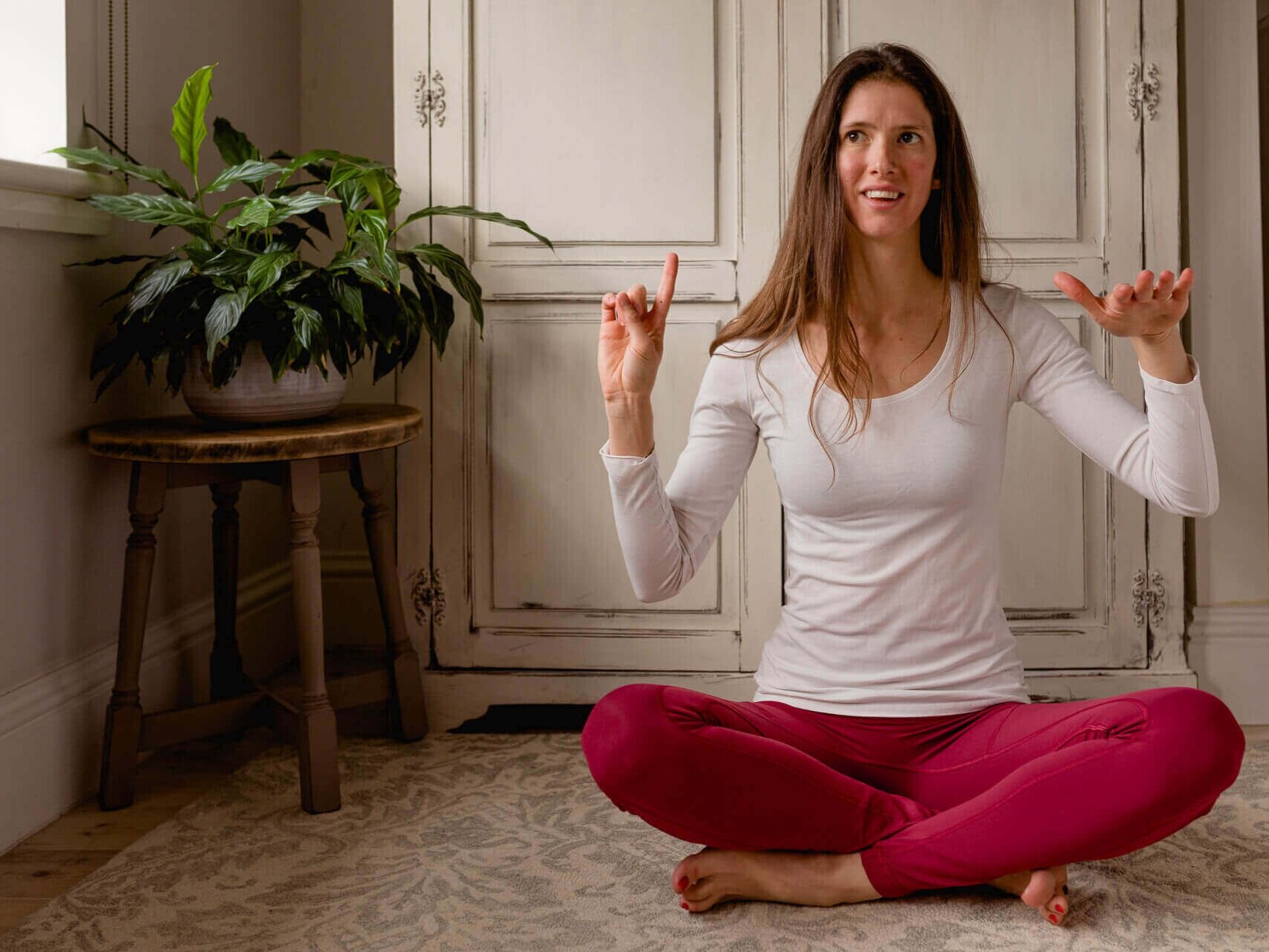Breathing Habit Education For Parents
Hi, I’m Jane Tarrant, Breathing Habit Retrainer & Educator
You’ve heard about healthy breathing habits and retraining them. But what now?
I will be sharing helpful information with parents by email.
1) Drop me a question (I’ll be creating FAQs) or sign up for updates.
2) Check out the current educational resources below.
Ask a question
How can breathing retraining benefit you and your children?
Feel Healthier
Experiencing unhealthy breathing related symptoms? Snoring, panic attacks, anxiety, fatigue, foggy brain, breathlessness, asthma, poor sleep, tired muscles? Retraining your 24/7 breathing habits is crucial.
Feel Empowered
We often don’t realise what tools are within our control. By understanding yourself and your breathing better, you can adapt how you perform, respond and feel. Wouldn’t you like to know how to utilise these tools?
Feel Safe
Our bodies react to stressors all day long. You can use breathing awareness to notice when your body does not feel safe and consciously control your breathing until you notice a positive calming change.
What is 24/7 breathing retraining?
Breathing retraining with LiNK BREATHING is the process of taking breathing habits back to basics, improving awareness, addressing unhealthy habits and gradually training new healthier breathing habits over time. Conscious breathing habits then influence subconscious breathing habits, resulting in powerful changes to mood, productivity, sleep, concentration, physical performance and relationships. This results in healthier breathing habits all day and all night, aka 24/7.
What are unhealthy breathing habits?
You may recognise the following unhealthy breathing habits as part of your usual breathing patterns.
Mouth breathing
Snoring
Sleep apnoea
Over breathing or hyperventilation
Shallow breathing
Fast breathing
Upper chest breathing during rest
Restricted diaphragm breathing
Intermittent breathing
Regular sighing or yawning
Regular stress breath holding e.g. during emails 'aka email apnoea'
We breathe more than 20,000 times per day. Imagine if those 20,000 were just slightly healthier each time. That is incremental improvement with very little effort.





